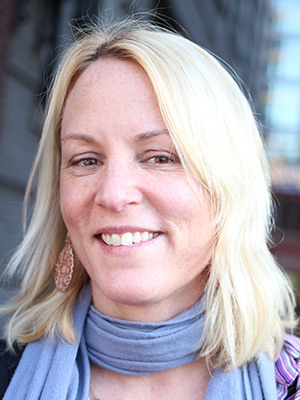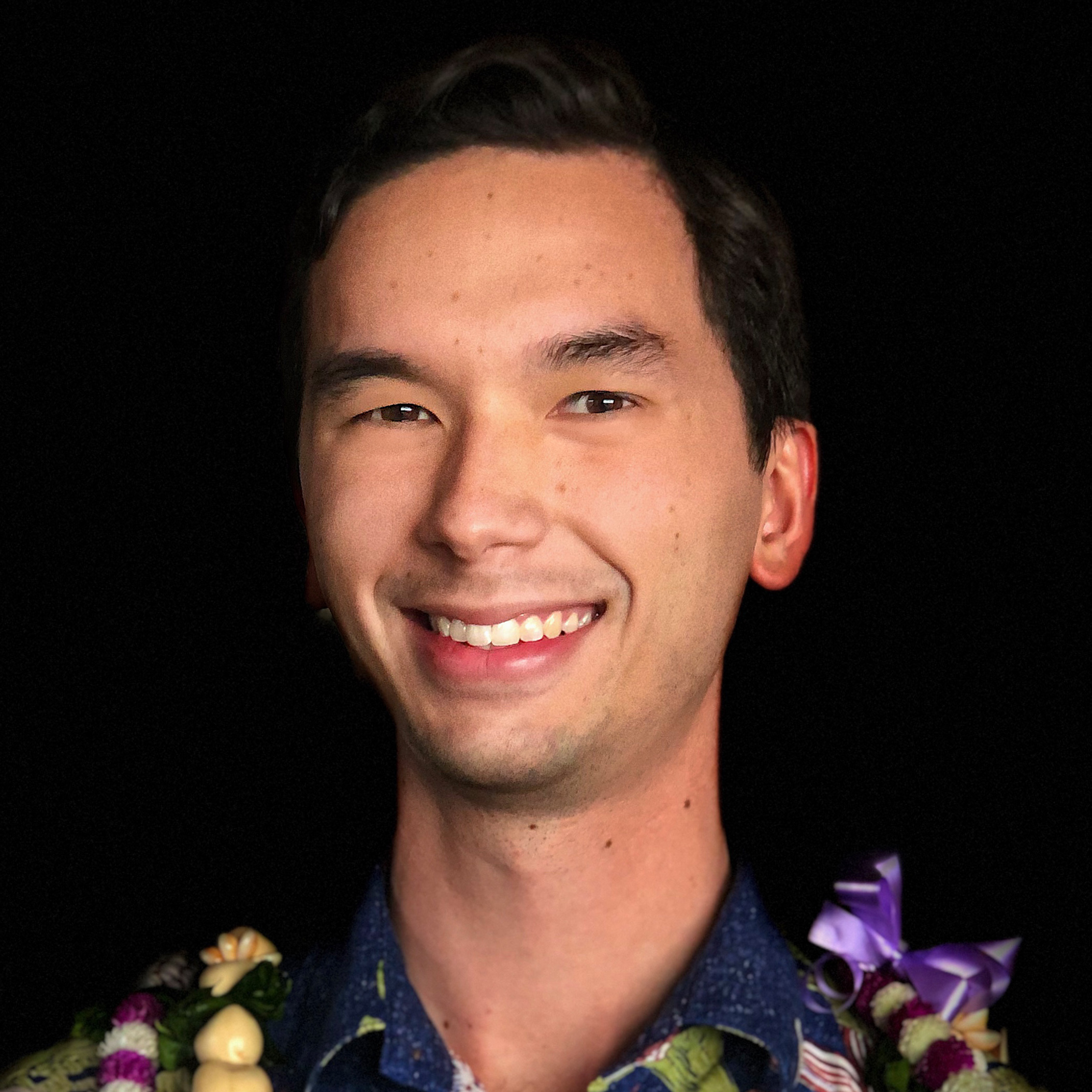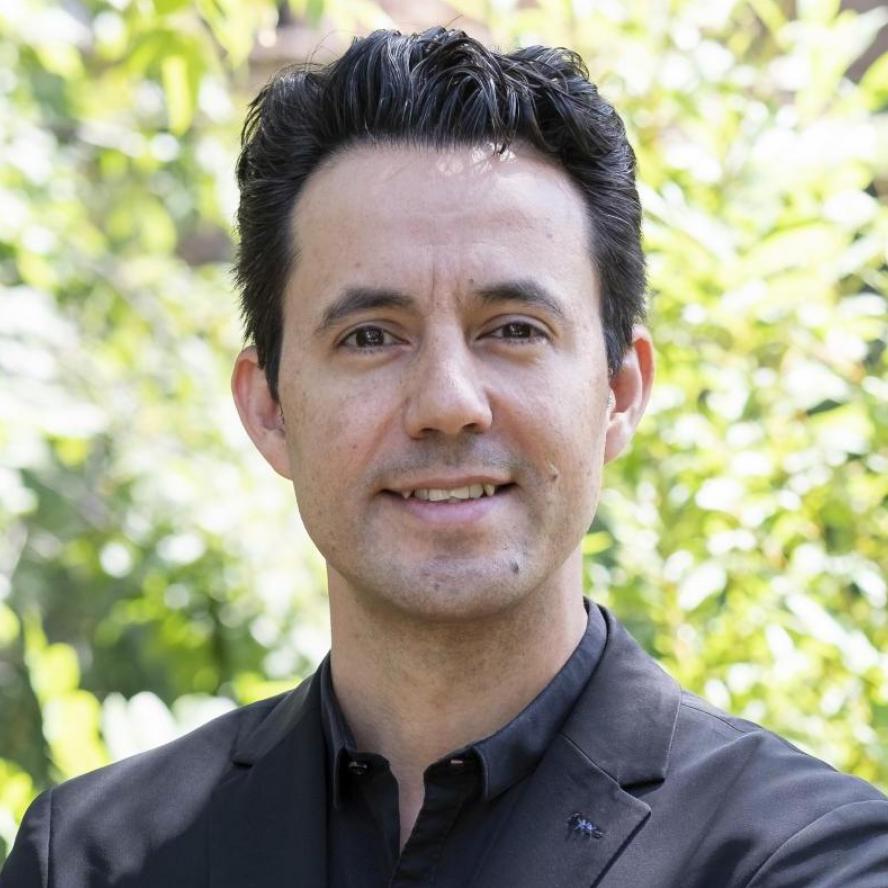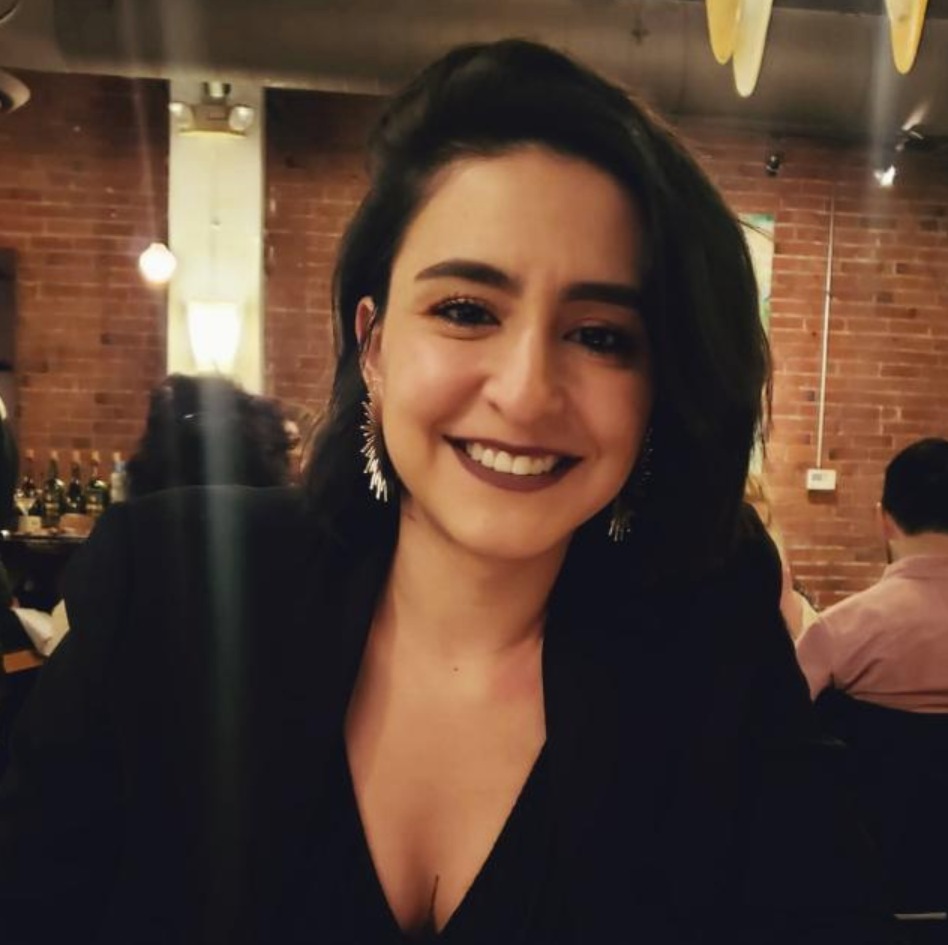Mission Statement
Mobility Movilidad is a nonprofit dedicated to choreographing meaningful conversations with diverse audiences by collaborating with storytellers who have the least access to cross borders, but the most to teach us about creating a more just, sustainable world.
About Mobility Movilidad
We focus on the storytellers, artists, and researchers with the least access to circulate their work across socioeconomic, linguistic, raced, gendered, and geopolitical borders. Our stories are multimedia and translingual. We use 21st-century tools to archive the past, circulate stories about the present, and share dreams for the future.
Our writing projects are a process of desegregation: We overcome what we call double displacement. That is, when the storytellers cannot cross the same borders as their stories, and so their stories are often represented by others. Our stories are multimedia and translingual. Each storyteller tells her own story in her own words and images. We collaborate with artists, writers and researchers of all ages in community spaces and K-20 (Kindergarten through Ph.D.) educational institutions throughout the Americas. We focus on those with the least access to circulate their work across socioeconomic, linguistic, racial, gendered and geopolitical borders. Together, we collaborate on multiple genres of writing required for storytellers and their stories to cross borders.
Contact Contactar
Mobility Movilidad Team Equipo Mobility Movilidad

Tamera Marko, Ph.D.
Co-Founder and Co-Director
From: San Diego-Tijuana
Emerson College
tamera_marko@emerson.edu
Tamera Marko specializes in what she calls the “theory, politics and practice of rhetorical mobility.” She does this through transnational translingual, multimedia community literacy research projects in the Americas (Spanish, Portuguese, English). She channels her work as an historian of Latin America and her 17 years of teaching writing to combine genres of new media, composition and historical memory to research and publish in the genre called for by each project. Marko’s academic, media, video and poetry publications explore youth and motherhood human rights projects. She also works on issues of gender, class and white privilege in the Americas. Over the last seven years, she has founded and co-directs three interrelated rhetorical mobility projects in collaboration with Emerson College, MIT, Duke University, and the Universidad Nacional de Colombia in Medellín.
Her work has been featured in academic journals, film festivals, galleries, theaters, and universities and on television in Medellin, Rio de Janeiro, Durham and Boston. For the last six years she has been working on theory and practice of transnational pedagogy she calls pedagogscapes. She is especially concerned with negotiating rhetorical situations and writing necessary for storyteller and her story to cross borders. Marko collaborates with storytellers who, for various reasons of inequitable geopolitical, economic, race and gender power relations, have the least access to rhetorical mobility.
She is the incoming Executive Director of the Elma Lewis Center for Civic Engagement, Learning, & Research at Emerson College in Boston, where she has been Senior Lecturer of the First Year Writing Program. She teaches transnational translingual research writing courses in English, Spanish and Portuguese. Her previous positions include visiting faculty with the Universidad Nacional de Colombia and at Duke University, Director of the North Carolina Latin American Film Festival, a Mellon Faculty Fellow with the University Writing Program, and Director and Co-Founder of DukeEngage Colombia, a program she integrated with Emerson College Global Pathways Colombia She has a bachelor’s degree in journalism, a master’s degree in Latin American Studies and Communications and a Ph.D. in Latin American History with an emphasis on Women’s Studies and Race and Ethnic Studies.

Ryan Catalani
Co-Founder and Co-Director
From: Kāneʻohe, Hawaiʻi
Hawaiʻi Children’s Action Network
rcatalani@hawaii-can.org
Ryan Catalani has collaborated with marginalized communities across the Americas, using his storytelling and technology expertise to galvanize solutions to some of the world's most pressing issues, including immigration, displacement, and homelessness. As Director of Advancement at Hawaiʻi Children’s Action Network, he oversees fundraising, marketing, and communications for the nonprofit, whose mission is to build a united voice educating and advocating for Hawaiʻi’s children.
Previously, he served as Director of Donor Relations at Family Promise® of Northern New Castle County (Wilmington, DE), a nonprofit dedicated to ending family homelessness. In Delaware, he also served as a board member of the Association of Fundraising Professionals Brandywine chapter, and chaired the Millennial Summit nonprofit committee.
He is a co-founder of Mobility Movilidad. In collaboration with communities from Hawaiʻi to Colombia, he has developed multimedia, high-tech, and translingual solutions to documenting and circulating underrepresented perspectives and stories that might otherwise be lost. He edited Proyecto Carrito: 2010-2016—a 200-page anthology in English and Spanish that compiles stories of migration and practices for inclusion written by immigrant janitors, students, professors, and staff at Emerson College—including designing the print edition, creating a multilingual publishing platform for the online edition, and overseeing its publication and sales.

Jota Samper, Ph.D.
Co-Founder and Co-Director
From: Medellín, Colombia
University of Colorado Boulder
jota@colorado.edu
Jota (Jose) Samper has been working as an architect, planner and artist for 13 years and has taught architecture and urban design. Born and raised in Medellín, he studied architecture at the Universidad Nacional de Colombia in Medellín. Since then, he has done research, art and architectural projects in seven countries: Colombia, Panama, United States, Mexico, Brazil, India and France. His work has won more than 6 national (U.S.) and international awards. In 2010, his project “Living rooms at the Border,” which he designed with the team while at estudio teddy cruz, exhibited at the (Museum of Modern Art) MoMA in New York City.
Currently, he is Assistant Professor at the ENVD Program at the University of Colorado Boulder. His work at ISR concentrates on sustainable urban growth and dwells at the intersection between urban informality ("slums") and urban violent conflict. He obtained his BA in architecture in UNal in Medellin, a Master in City Planning from MIT and a Ph.D. on Urban and Regional Planning, also from MIT-DUSP, where he was a Lecturer for the past two years. He is a fellow of the “Drugs, Security and Democracy, SSRC”, and advisor for the “Strategic Masterplan for the Medellínnovation District. He is a co-founder of Mobility Movilidad, a nonprofit dedicated to choreographing meaningful conversations, video archive and mapping with marginalized communities.

Valeria Henao
Coordinator of Planning and Engagement
From: Medellín, Colombia
Mobility Movilidad
valehenao.20@gmail.com
Valeria Henao’s planning work focuses on supporting the knowledge of marginal communities in their own development projects. Valeria holds a bachelor’s degree in architecture from the Universidad Nacional de Colombia and a master’s degree in Urban and Regional Planning from the University of Colorado, Denver. She has worked as an architect in Colombia and has experience developing projects that improve quality of life in marginalized communities.
Valeria’s Architecture thesis that focused on informal settlement in Medellin was awarded the Otto de Greif award as one of the best thesis projects in Colombia in the category of sustainable development in 2017. At CU Denver, Valeria’s capstone project, “Safe Routes for Youth in the Westwood Neighborhood in Denver,” focused on identifying better mobility options for the community while empowering them to take action about the improvements that could be made in their neighborhood.
Valeria was awarded the American Planning Association APA Foundation Scholarship in 2019. She has worked with Mobility Movilidad for the past three years as the On-Site Coordinator of our Global Seminar Medellín Practicum in collaboration with the University of Colorado Boulder. Valeria is now a Coordinator of Planning and Engagement for Mobility Movilidad, supporting the class ENVD-4909-907 Planning Informality at the University of Colorado Boulder. The objective of the class is to develop a master plan for a neighborhood in Medellín, Colombia.

